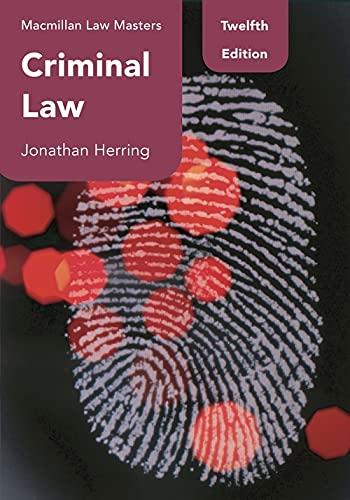Please assist me in the following review questions for Tribunal practice and procedures paralegal Ottawa
u i i 1) :{;a tai;en : tziigrzag[fg)ntstwe, representing your client, Theresa, before the Ontario Labour . You are not successful i icati e , and your client asks you to make an application S, 1LilE of the the Ontario Labour Relations Act states: No .decuspn, order, discretion, declaration or ruling of the Board shall be questioned or !'ewewed in any court, and no order shall be made or process entered, or proceedings taken m:n.y c0L.th, whether by way of injunction, declaratory judgment, certorari, mandamus, way of injunction, prohibition, quo warranto, or otherwise, to question, review, prohibit or restrain the Board or any of its proceedings. What effect will s. 116 have on Theresa's application for judicial review? (5) 2) Explain the difference between a \"party\" and an \"intervenor.\" (3) 3) Explain the difference between \"evidence\" and \"particulars.\" (3) 4) What are the four tests that a tribunal applies when determining whether to receive evidence? (4) 5) You represent Nick at a disciplinary hearing. You attended the pre-hearing conference which proved very useful as hearing and disclosure dates were set, issues were articulated, and lists of witnesses were exchanged. Member Mumford was present as the member adjudicator who presided at the prehearing conference. During the pre-hearing conference, Member Mumford expressed his views on the merits of the case. Three months later, Member Mumford participates in the hearing panel. What are your objections to this? How do you handle this? (5) 6) Youarea legal representative at an administrative tribunal hearing. You note that opposing representative appears incompetent, as he does not seem to understand his client's case or execute his client's instructions competently. Explain what powers the SPPA has given tribunals to bar representatives. (8) 7) If a panel of three adjudicators holds a hearing and one of them disagrees with the decision of the other two, how does the tribunal deal with this situation? (2) 8) Are all tribunals required to give reasons for decisions? In what circumstances are reasons required? What are the subjects covered in a well-reasoned decision? (5) 9) You are representing a client at an administrative tribunal hearing. As part of your case, you are tendering a video recording as evidence. There is voice-over narration on the recording that you are showing. How do you address the admissibility of the video recording? (5) 10) When might a tribunal need to exclude the public & media from a hearing; when might they exclude a party from the hearing or part of the hearing







